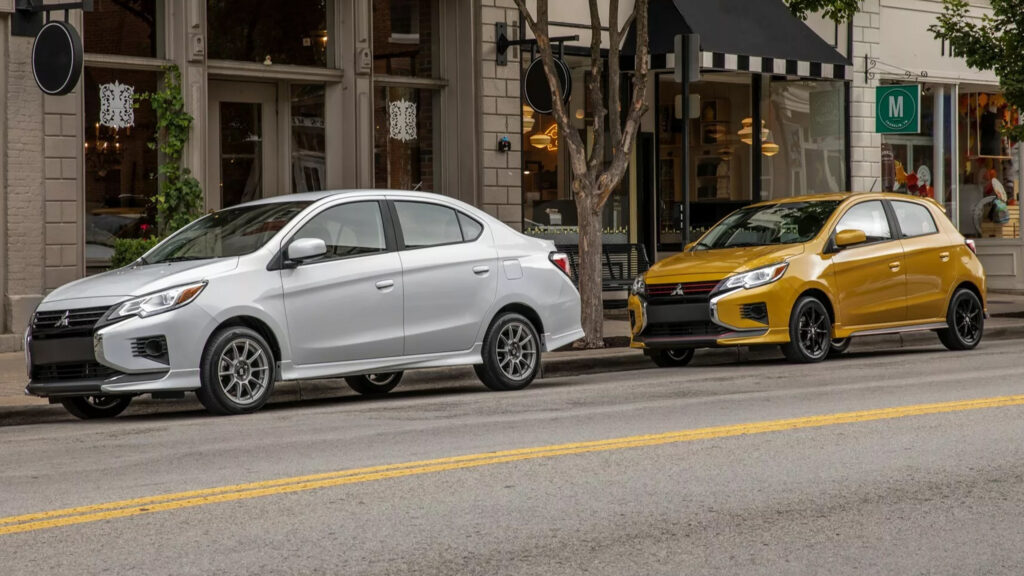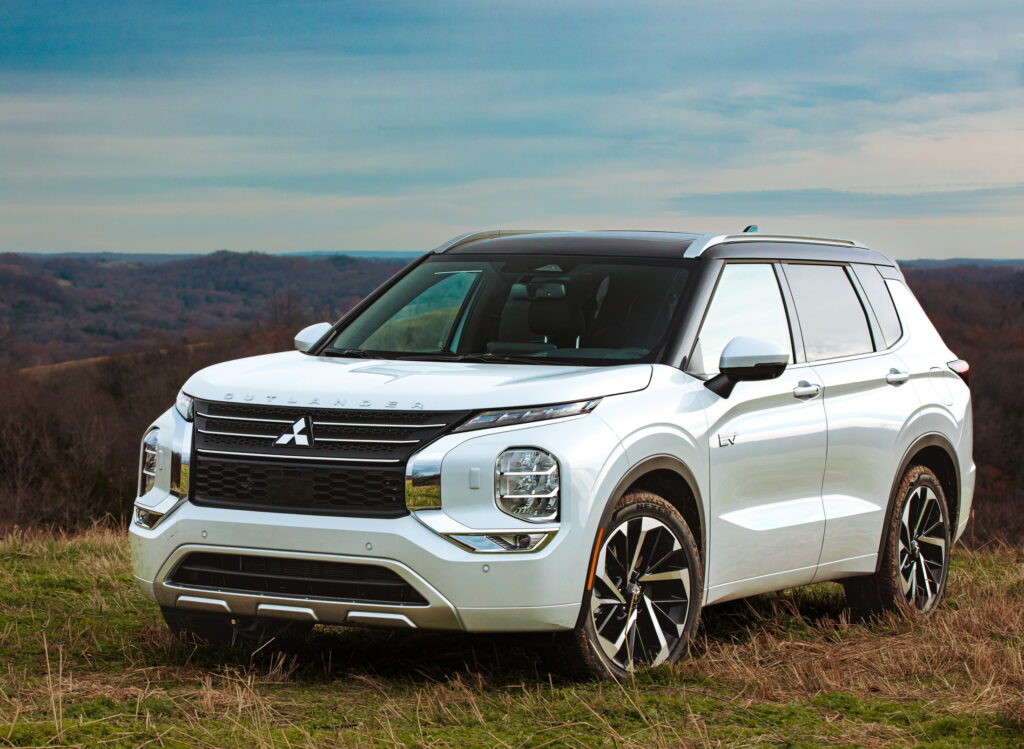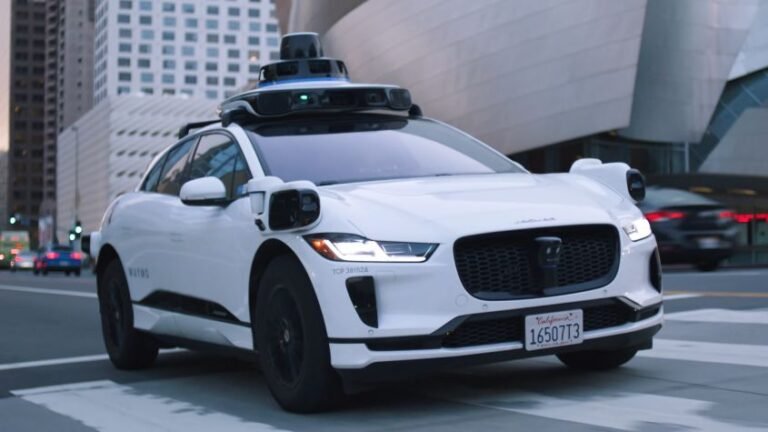

- Mitsubishi faces $344 million in costs due to Trump’s latest import tariff hike.
- The brand is considering US production using idle Nissan plants to avoid penalties.
- Prices may rise across Mitsubishi’s lineup as part of cost-saving efforts in America.
Mitsubishi may not be a major player in the U.S. auto market these days, but it’s still caught squarely in the crosshairs of international trade tensions. As the only Japanese automaker without a production base in North America, it now finds itself more exposed than its rivals to the financial blowback from President Donald Trump’s proposed tariffs.
That vulnerability is prompting the company to consider raising prices in the U.S. and possibly even restarting local production.
Read: Mitsubishi’s American EV Will Be A Nissan In Disguise
According to Mitsubishi, the tariffs could drive up its costs by around 50 billion yen (approximately $344 million) for the fiscal year ending in March 2026. Japanese media reports that the company plans to absorb about 20 billion yen ($140 million) of that through cost-cutting measures. Those include trimming sales incentives and, more notably, increasing vehicle prices.
So far, Mitsubishi hasn’t said exactly how much more its vehicles might cost in the States, but any hikes could follow Ford’s recent increases of up to $2,000 on models like the Maverick, Bronco Sport, and Mustang Mach-E.
The financial hit isn’t limited to tariffs on U.S.-bound vehicles. Mitsubishi expects a broader decline in global demand triggered by the trade policies to cut its overseas sales by as much as 10 billion yen ($69 million). Meanwhile, operating profits could fall by as much as 40 billion yen ($270 million) this fiscal year, according to Nikkei Asia.
Looking for Options

To reduce the impact, Mitsubishi is now considering a return to North American production, though not by itself. The company says it might build vehicles at a Nissan plant, leveraging its alliance with Nissan and Renault to sidestep the need for a brand-new facility.
Mitsubishi stopped building vehicles in the US in 2015, ultimately selling its production facility in Normal, Illinois, to Rivian. Company boss Takao Kato has acknowledged that “local production will be extremely important in the future,” and its alliance with Nissan and Renault could allow it to avoid opening up a new factory in North America.
Details such as which Nissan plant, as well as which vehicles could be built there, have yet to be confirmed. Kato notes that any such move could help to improve the utilization rate at Nissan’s factories in North America, serving as a “win-win for both companies.”





